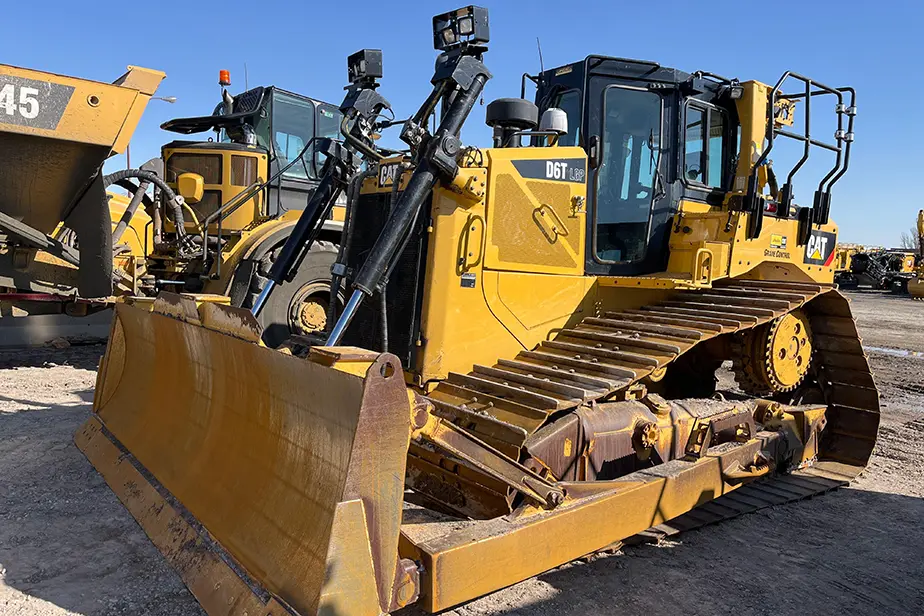Rubratingsdfw, a seemingly obscure term, has sparked intrigue and raised questions about its meaning and online presence. This investigation delves into the potential interpretations of “rubratingsdfw,” exploring its linguistic structure, online context, and potential implications. We will examine the term’s possible origins, analyze its usage across various online platforms, and assess the potential risks associated with its use.
The research involved analyzing online forums, websites, and social media to understand how “rubratingsdfw” is used and perceived. We also examined the morphological components of the term, comparing its structure to similar-sounding words to shed light on its possible meaning. The potential legal and ethical implications of using this term are also explored.
Deconstructing “rubratingsdfw”: An Online Term Analysis
The term “rubratingsdfw” presents a linguistic puzzle requiring careful examination. Its seemingly random combination of letters suggests a possible internet slang term, potentially related to a specific geographic location (“dfw,” likely referring to Dallas/Fort Worth) and a suggestive, possibly adult-oriented, subject matter (“rubratings”). This analysis will explore its potential meanings, online presence, linguistic structure, and associated risks.
Possible Meanings and Contexts of “rubratingsdfw”
Given the components, “rubratingsdfw” likely refers to online content related to adult entertainment or reviews thereof, specifically localized to the Dallas/Fort Worth area. The “rubratings” portion suggests a connection to ratings or reviews of adult services, while “dfw” geographically restricts this context. It could be a website name, a forum topic, or a hashtag used in online discussions.
Online Presence and Associated Content
Websites or platforms hosting adult content, forums dedicated to local services, and social media platforms (especially those with less stringent content moderation) could potentially contain instances of “rubratingsdfw.” The associated content would likely consist of reviews, advertisements, or discussions related to adult entertainment establishments in the Dallas/Fort Worth area. Using this term online carries the risk of exposure to explicit or illegal content, as well as potential legal repercussions.
Learn about more about the process of south bend lathe for sale on craigslist in the field.
For example, a hypothetical conversation might involve someone asking, “Have you checked out rubratingsdfw? Heard they have some good reviews.” This illustrates the informal and potentially risky nature of using such terms.
Linguistic Structure and Morphological Analysis

The term “rubratingsdfw” appears to be a compound term, combining “rubratings” and “dfw.” “Rubratings” seems to be a blend of “rubs” (a slang term for massages, often with sexual connotations) and “ratings,” suggesting evaluations or reviews of such services. “dfw” is a clear abbreviation for Dallas/Fort Worth.
| Term Component | Possible Meaning 1 | Possible Meaning 2 | Contextual Interpretation |
|---|---|---|---|
| rub | Massage | Sexual act | Suggestive adult service |
| ratings | Evaluations | Reviews | User feedback on services |
| dfw | Dallas/Fort Worth | – | Geographic location |
Potential Risks and Implications of Using “rubratingsdfw”
Using “rubratingsdfw” carries several potential risks. Legally, associating with websites or content related to illegal activities, such as prostitution or underage exploitation, can have severe consequences. Ethically, contributing to the demand for potentially exploitative services is a serious concern. Searching for this term online exposes users to potentially harmful content and could lead to malware or phishing attempts.
- Exposure to illegal or explicit content
- Risk of malware or phishing attacks
- Legal repercussions for association with illegal activities
- Ethical concerns related to supporting potentially exploitative industries
Visual Representation
A hypothetical image might depict a stylized map of the Dallas/Fort Worth area overlaid with blurred, abstract shapes representing reviews or ratings, suggesting a clandestine or discreet nature of the content. The color scheme would be muted and somewhat ambiguous, avoiding explicit imagery.
A hypothetical logo could feature a stylized “dfw” monogram subtly incorporated within a design element suggesting ratings or reviews (e.g., star shapes or a bar graph). The overall aesthetic would be sleek and understated, potentially using dark colors to convey a sense of secrecy.
A hypothetical infographic could visually represent the term’s components (“rubratings” and “dfw”) with a connecting line to show their relationship. Associated risks could be depicted with warning symbols, and potential meanings could be illustrated with simple icons. The design would be clean and easy to understand, emphasizing clarity and warning.
In conclusion, “rubratingsdfw” remains an enigmatic term with potentially ambiguous meanings and associated risks. While its precise origin and intended use remain unclear, our analysis highlights the importance of cautious online engagement with such terms. Further research is needed to fully understand the context and implications of its use, emphasizing the need for responsible digital citizenship and awareness of potential legal and ethical considerations.



